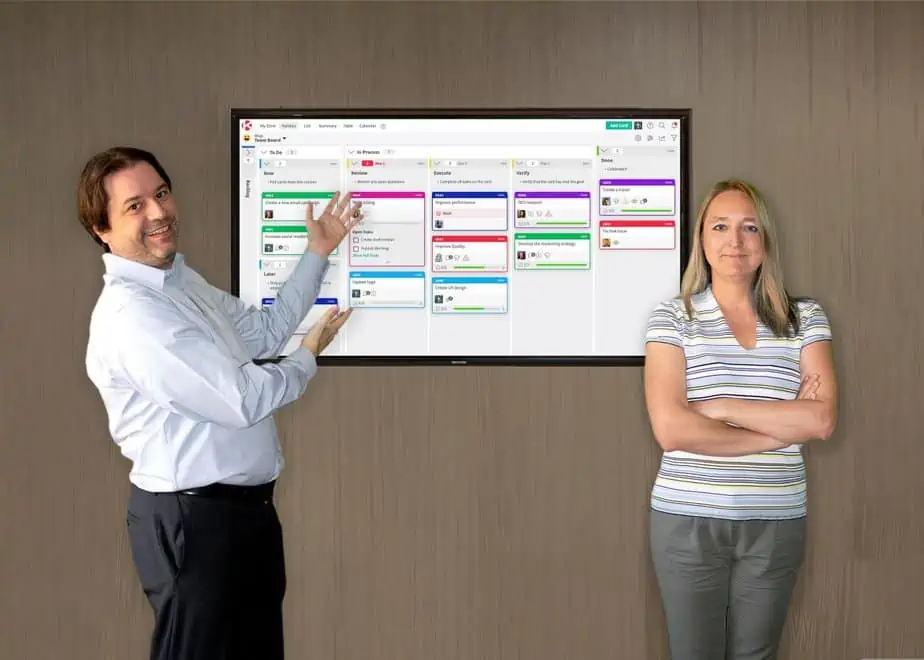How Collaborative Forecasting Streamlines Project Planning
When you need to predict demand for your goods or services, set a budget, or plan a major project, you’ll use the data you have on hand to create a forecast. But if you’re only working with a limited set of data, your predictions are unlikely to come true.
How to Manage Outsourced Software Development Projects with Kanban
For companies that do not have internal IT resources but want to serve changing market needs, outsourcing software development projects is the only solution. While some are up for partnering with the external vendor, others may feel stressed about it. After all, entrusting product development to another company is
How to Optimize Project Workflow with a Cloud-First Strategy
For any business to optimize project workflow, a cloud-first strategy is ideal to benefit from the flexibility, scalability, cost-efficiency, and accessibility that cloud services offer. These tools enable remote data access, seamless collaboration, and resource scaling based on demand. Implementing a cloud-first workflow involves a few key steps that
10 Team Productivity Metrics to Stay Aligned with Project Goals
Goals are great. Whether your favorite football team scores or you hit a fitness goal, they’re a reason to celebrate. Goals are a great way to drive focus and results. Knowing what you want to achieve is key to making things happen, but it’s not a simple case of
How to Utilize Project Management Analytics for Proactive Decision-Making
As a professional services expert, you’re likely to have many plates spinning at once—budget constraints, time pressure, resource allocation, personnel management, and client communication are just some of them. Making sure you get all those decisions right for your clients can mean the difference between success and failure. One
A Guide Into Legal Project Management
While vital, the legal field can be complex and time-consuming. Delivering successful legal outcomes often requires a structured approach that balances efficiency with client satisfaction. This is where legal project management comes in. What is Legal Project Management? Legal Project Management refers to the combination of processes, tools, and














